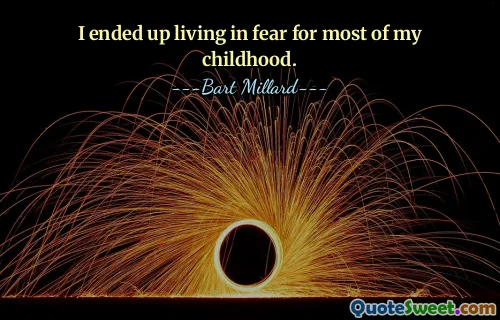Since there was nothing at all I was certain of, since I needed to be provided at every instant with a new confirmation of my existence, since nothing was in my very own, undoubted, sole possession, determined unequivocally only by me - in sober truth a disinherited son - naturally I became unsure even of the thing nearest to me, my own body.
In this excerpt from "Letter to His Father," Franz Kafka expresses a profound sense of existential uncertainty. He reflects on the lack of solid knowledge about his own existence, highlighting a constant need for validation and reassurance. This disconnect leaves him feeling like a disinherited individual, emphasizing the isolation that accompanies his internal struggles.
Kafka's doubt extends even to his own physical being, illustrating a deep-seated insecurity that permeates his perception of reality. The struggle for self-definition and belonging permeates his thoughts, showcasing a fundamental human experience of questioning one's identity and existence. This poignant reflection captures the essence of his complex relationship with himself and his surroundings.



